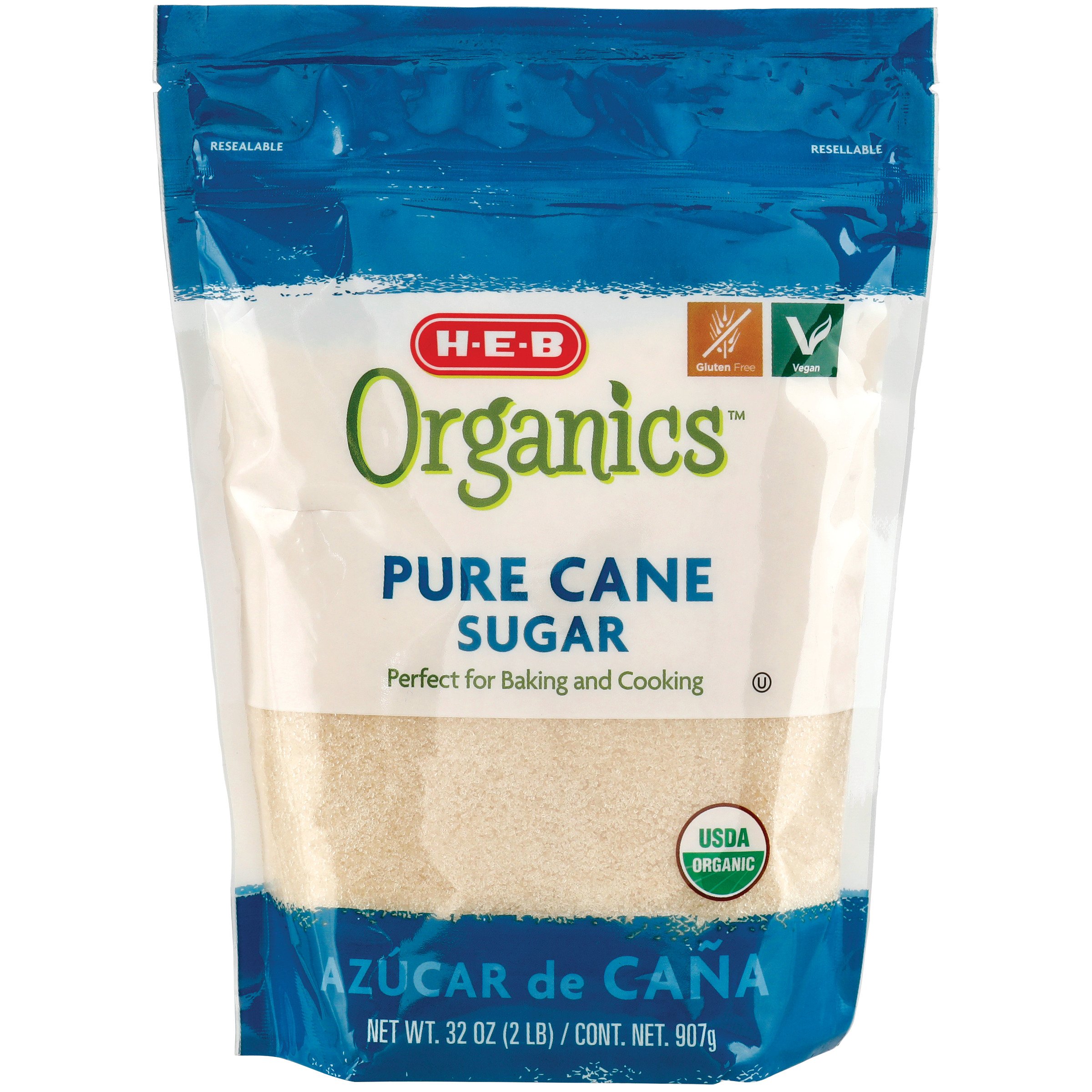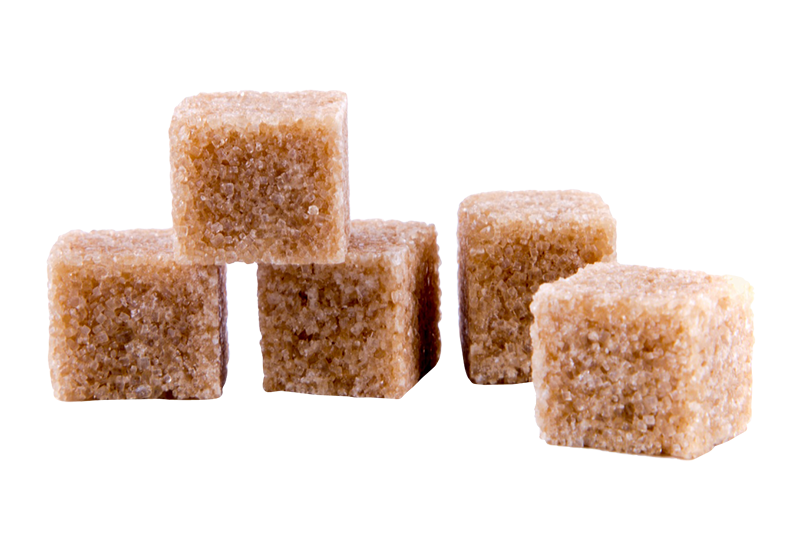The Journey of Cane Sugar Processing: From Harvest to Crystals
The Journey of Cane Sugar Processing: From Harvest to Crystals
Blog Article
A Thorough Review of the Health and Economic Ramifications of Cane Sugar Processing on Neighborhood Neighborhoods
Walking cane sugar handling plays a critical function fit the financial landscape of local neighborhoods, using employment possibility and boosting supplementary industries. Nevertheless, the health implications connected with high sugar intake can not be forgotten, as they add to increasing prices of obesity and diabetes mellitus. This nuanced dynamic welcomes a critical exam of how neighborhoods can enhance economic gains while addressing the pushing wellness challenges they encounter. The expedition of educational initiatives and sustainable techniques might just hold the key to fixing up these conflicting rate of interests. What techniques might communities carry out to accomplish this balance?
Economic Benefits of Walking Cane Sugar Processing
Walking cane sugar processing supplies substantial economic benefits that prolong past the prompt farming field. The farming and handling of sugarcane develop numerous task chances, from farming to production and circulation. This work generation not only sustains local economies but also promotes neighborhood development by supplying steady income sources for families.
Additionally, the sugar industry boosts supplementary organizations, including transport, equipment supply, and product packaging services (Cane Sugar Processing). As these sectors grow, they contribute to a more robust economic framework, improving overall area strength. The export capacity of refined walking cane sugar additionally enhances economic benefits, placing regions as affordable players in global markets
Financial investment in contemporary processing facilities can bring about boosted performance and efficiency, therefore minimizing waste and enhancing resource use. This shift not only profits the regional economic situation yet additionally supports sustainability initiatives by reducing environmental influences.
Furthermore, the income generated from cane sugar processing can be reinvested in neighborhood facilities, education, and medical care, promoting all natural area development. In general, the economic advantages of walking stick sugar handling are complex, giving a structure for enduring prosperity in agricultural areas.
Wellness Threats Linked With Sugar Intake
Too much sugar intake postures considerable wellness threats that warrant significant focus. High intake of included sugars, especially from processed foods and drinks, has actually been connected to many health difficulties.
Furthermore, high sugar intake is connected with cardio illness. Raised blood sugar degrees can cause insulin resistance, a forerunner to various heart-related issues. Furthermore, sugar can have harmful results on oral health and wellness, resulting in dental caries and periodontal disease, as germs in the mouth thrive on sugar, producing acids that erode tooth enamel.
In addition, arising research study suggests a prospective web link between high sugar usage and psychological health disorders, such as anxiety and stress and anxiety. As areas face these health dangers, it ends up being essential to promote awareness and urge healthier dietary choices. Addressing sugar intake is essential not just for individual health and wellness yet additionally for the overall well-being of neighborhood communities, highlighting the requirement for comprehensive public wellness methods.
Ecological Impacts of Sugar Production
Often overlooked in conversations concerning sugar's effects is the substantial ecological influence of sugar production. The growing of sugarcane usually requires comprehensive land use, leading to deforestation, loss of biodiversity, and disruption of regional ecosystems. The conversion of forests and marshes right into sugar vineyards can lead to environment devastation, threatening many species and altering ecological equilibrium.
Additionally, sugar production is resource-intensive, consuming considerable amounts of water for watering. This can lead to depletion of regional water resources, detrimentally influencing both agricultural methods and neighborhood access to tidy water. Additionally, the use of chemical fertilizers and pesticides in sugarcane farming can add to dirt deterioration and water contamination, as drainage from these chemicals enters nearby rivers and lakes, affecting water life and human health and wellness.
The environmental impact prolongs to the handling phase, where energy consumption and waste generation more exacerbate environmental worries. Air contamination from melting sugarcane fields, in addition to greenhouse gas exhausts, add to climate modification. Thus, the environmental ramifications of sugar production warrant major consideration, urging stakeholders to adopt even more sustainable techniques to reduce these damaging impacts on neighborhood ecological communities and communities.
Work Production and Neighborhood Development
The ecological difficulties presented by sugar manufacturing are typically counterbalanced by its possibility for economic benefits, particularly in job production and community advancement. The walking cane sugar industry offers as a significant resource of work in several country locations, offering work across various skill degrees, from agricultural labor to processing and circulation duties. This employment not only supports private households however also adds to the total financial vitality of regional areas.
In addition, the establishment of sugar processing centers promotes ancillary businesses, such as transport solutions, devices supply, and upkeep carriers. As these businesses thrive, they produce additional jobs and boost neighborhood economies. The revenue generated from the sugar market additionally brings about raised tax earnings, which can be reinvested into social work such as education, health care, and facilities growth.
In addition, the sugar sector typically participates in area growth initiatives, such as sustaining regional colleges and wellness programs, thereby enhancing the lifestyle for locals. By promoting strong community connections and advertising financial growth, the walking stick sugar handling field plays an essential duty in uplifting local populaces, making it a necessary element of sustainable advancement methods in sugar-producing areas.
Balancing Health and Economic Growth
In navigating the intricacies of cane sugar handling, a vital challenge hinges on stabilizing health and wellness factors to consider with financial growth. The sugar industry substantially contributes to regional economic climates by creating tasks, stimulating relevant sectors, and enhancing tax obligation profits. However, the wellness pop over to this site ramifications linked with excessive sugar consumption can lead to chronic illness such as weight problems, diabetes mellitus, and cardiovascular concerns, which can burden public health and wellness systems and diminish labor force productivity.

Furthermore, governing frameworks can play a crucial role in guiding industry methods in the direction of even more sustainable and health-conscious methods. By cultivating partnership in between federal government bodies, health and wellness companies, and the sugar sector, areas can browse the duality of wellness and economic growth, making certain that the benefits of cane sugar processing are equitably shared while focusing on public health and wellness.
Verdict
Finally, the processing of walking stick sugar offers both substantial financial advantages and remarkable health and wellness dangers for regional neighborhoods. While it cultivates task creation and stimulates regional advancement, the affiliated health and wellness problems, especially pertaining to weight problems and diabetes, demand a careful balancing act. By advertising responsible consumption and investing in community education and learning and sustainable techniques, it is possible to make best use of economic benefits while reducing negative health effects, therefore making certain a healthier future for local populaces.
Furthermore, sugar can have damaging effects on dental wellness, resulting in tooth cavities original site and periodontal condition, as bacteria in the mouth thrive on sugar, producing acids that wear down tooth enamel.
Dealing with sugar usage is essential not just for individual health but also for the total wellness of local areas, emphasizing the requirement for extensive public health and wellness methods.
Often forgotten in conversations about sugar's implications is the considerable ecological impact of sugar manufacturing. The health and wellness implications linked with excessive sugar consumption can lead to persistent illness such as obesity, diabetes mellitus, and cardio concerns, which can burden public health and wellness systems and reduce workforce productivity.

Report this page